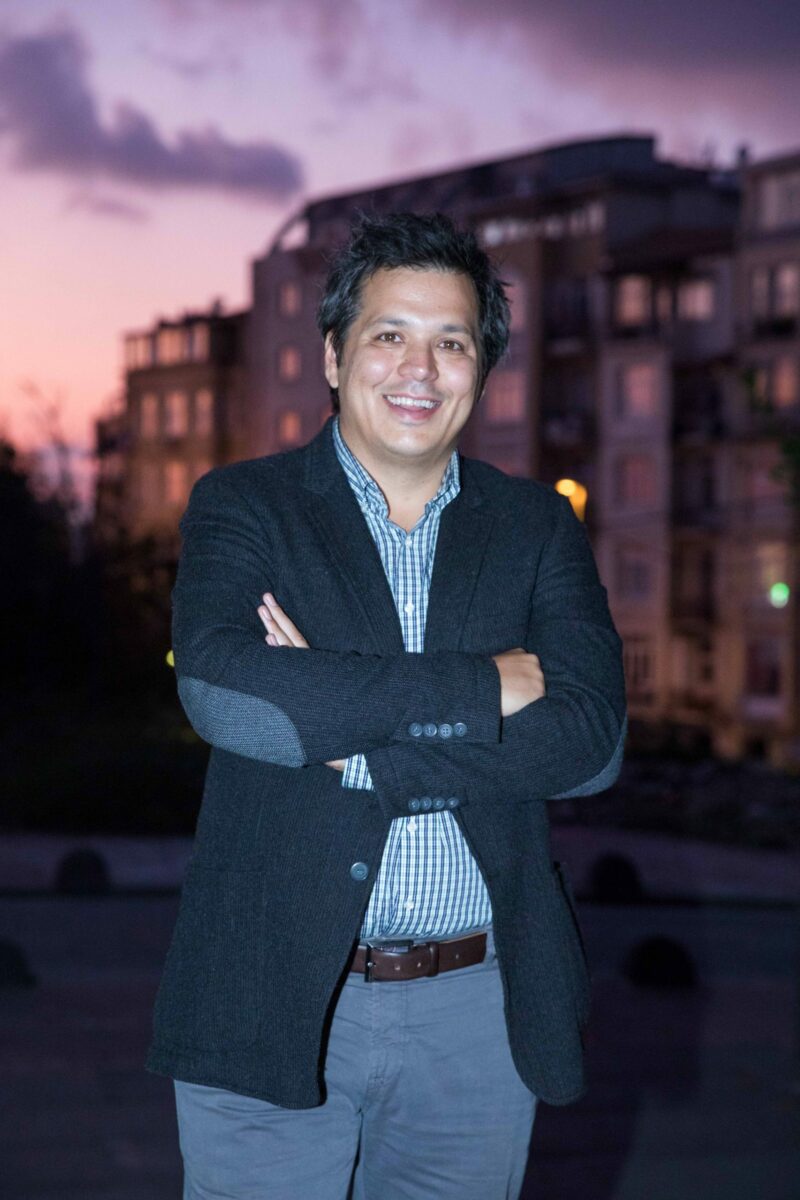

Despite the growing awareness of climate change, energy politics still appears to be out of reach for ordinary citizens. Energy decisions are made behind closed doors and at international summits without much public input, triggering sentiments of anxiety, helplessness, and indifference. Basic practices that could bolster citizen participation in the implementation of energy policy, such as timely briefing of the public and the establishment of feedback and consent mechanisms (let alone participatory planning and budgeting), are looked down upon and ignored even at the local level.
Concerned about the distance between local communities, politics of climate change, and practices of energy transition, this research asks how local communities can claim voice and control over their own energy needs. Scholars and activists have lately conceptualized and promoted the concept of energy democracy with the aim to establish just transition mechanisms that address historic and spatial inequalities, speak to local needs, welcome citizen participation, and decentralize decision-making and governance of energy systems. Despite its increased appeal, however, energy democracy fails to go beyond being a buzzword in the absence of tangible models. Renewable energy cooperatives are one of the few existing institutions through which current prospects of energy democracy can be tested, questioned, and improved.
Sinan Erensü is a political ecologist who received his PhD from the University of Minnesota in 2016 and an MPhil from Cambridge University in 2006, both in sociology. Between 2016 and 2018 he was a Keyman Postdoctoral Fellow at the Buffett Institute for Global Studies at Northwestern University, where he taught energy politics and the global commons. His dissertation, “Fragile Energy: Power, Nature and Politics of Infrastructure in the ‘New Turkey,’” explores the political work energy infrastructures do in 21st-century Turkey, with a particular focus on small hydropower investments in Turkey’s Black Sea coast and grassroots mobilization against them. He has edited two books in Turkish: Sudan Sebepler (Reasons of Water), which examines the politico-spatial role of hydropower in Turkey’s developmentalist trajectory and features eighteen original, empirically rich articles, and İsyanın ve Umudun Dip Dalgası (Undercurrents of Hope and Uprising), a reader on the history of urban and environmental conflicts in Turkey. Dr. Erensü is currently working on a book manuscript, “Authority in Concrete: Infrastructural Politics of Dispossession,” addressing the growing sense of urgency surrounding the adequacy, appeal, and equity of public infrastructures. His research and teaching interests include environmental and political sociology, urban and rural studies, sociology of development, social movements, water and energy infrastructures, and politics of dispossession. His work as an IPC-Mercator fellow will focus on the notion of energy democracy and the ways in which citizens can claim stake in energy policy and production, a policy realm that is traditionally restricted. Dr. Erensü is one of the founding members of, and Director of Research and Education at, Mekanda Adalet Derneği (Center for Spatial Justice), an Istanbul-based non-profit working toward collective creation of democratic, accessible, ecological and fair urban and environmental spaces. His work can be accessed at http://umn.academia.edu/SinanErensü.